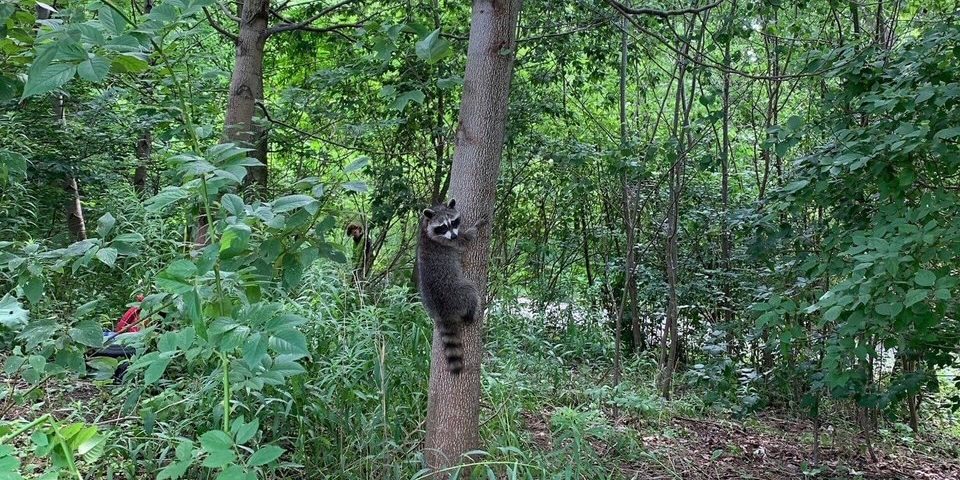Think critically about your indoor and outdoor lights and which are really essential to use past sundown. What is the purpose of your lights and what do they shine on? Are they simply used for aesthetic purposes? If they are not essential, turn them off or remove them when not needed because light pollution can be extremely harmful to ravine animals, especially critical insect populations.1 Of course, a threat to insects also means a threat to the plant and animals that rely on them, such as birds that eat insects for food.
Too many homeowners light up areas in their ravine to showcase trees or discourage trespassers. This comes at the expense of nocturnal animals. Night creatures need night, which is increasingly difficult to come by in city that is lit 24/7. Do your part and turn off your lights – your electricity bill will thank you.
If lighting is necessary, for example for security purposes, consider:
- Installing motion sensor lights that only activate light when needed.
- Replacing your current light bulbs with a yellow LED bulb because these are the least attractive to insects.3
Learn more about light management and the impact of light pollution on wildlife with Best Practices for Effective Lighting and the TEDx Aberystwyth talk below:
Footnotes
1 – Tallamy, D. (2020). Garden for wildlife: natures best hope [online lecture]. Retrieved May 20, 2020, from: https://www.youtube.com/watch?v=iDRGryX1uVI
2 – Tallamy, D. (2020). Garden for wildlife: natures best hope [online lecture]. Retrieved May 20, 2020, from: https://www.youtube.com/watch?v=iDRGryX1uVI
3 – Tallamy, D. (2020). Garden for wildlife: natures best hope [online lecture]. Retrieved May 20, 2020, from: https://www.youtube.com/watch?v=iDRGryX1uVI

